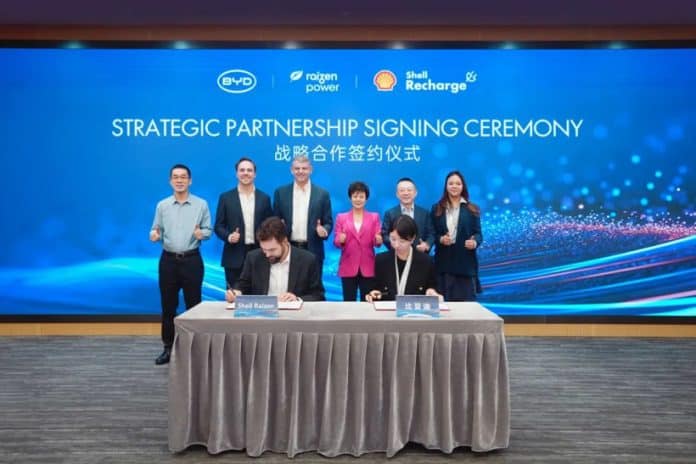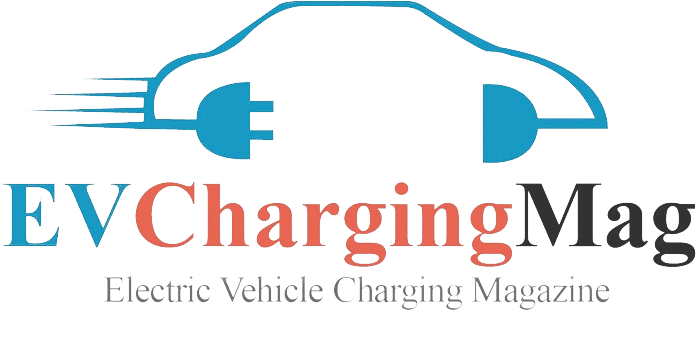BYD, a global leader in electric vehicles (EVs), has joined forces with Raízen Power, a Shell subsidiary. Together, they aim to revolutionize Brazil’s EV charging infrastructure. Announced in Shenzhen, their partnership plans to establish EV charging centers across eight major Brazilian cities over the next three years.
A Nationwide Initiative
Focusing on cities like São Paulo, Rio de Janeiro, and six others, the initiative promises to add 600 new DC charging stations. This expansion will increase Brazil’s charging capacity by 18 megawatts. As a result, EV owners will find charging more accessible, supporting the country’s shift to cleaner transportation.
Special Offers for BYD Owners
Furthermore, BYD vehicle owners in Brazil will benefit from exclusive, cost-effective charging services. Last year, BYD sold nearly 18,000 cars, becoming Brazil’s top EV brand. Clearly, BYD is committed to enhancing the EV ownership experience in Brazil.
BYD’s Investment in Local Manufacturing
Remarkably, BYD plans to invest about 4.5 billion Chinese Yuan in Bahia, Brazil. This investment will establish BYD’s first electric vehicle factory outside of Asia. The site will feature three factories focused on buses, truck chassis, passenger vehicles, and battery materials. Moreover, BYD is negotiating to acquire Brazilian lithium producer Sigma Lithium, indicating a deep investment in Brazil’s EV ecosystem.
Collaborative Efforts for Sustainable Mobility
Ricardo Mussa, COO of Raízen Power, and István Kapitány, Shell Mobility’s Global EVP, emphasize the collaboration’s importance. Together, they aim to make EVs and renewable energy solutions more affordable and accessible. This partnership represents a unified effort to stimulate the market and promote sustainable transportation in Brazil.
Building on Global Partnerships
This Brazilian project builds on the strategic alliance between BYD and Shell initiated in 2022. Last September, they launched the world’s largest EV charging network in Shenzhen, China. Now, extending their collaboration to Brazil, they set a precedent for developing EV infrastructure in emerging markets.

